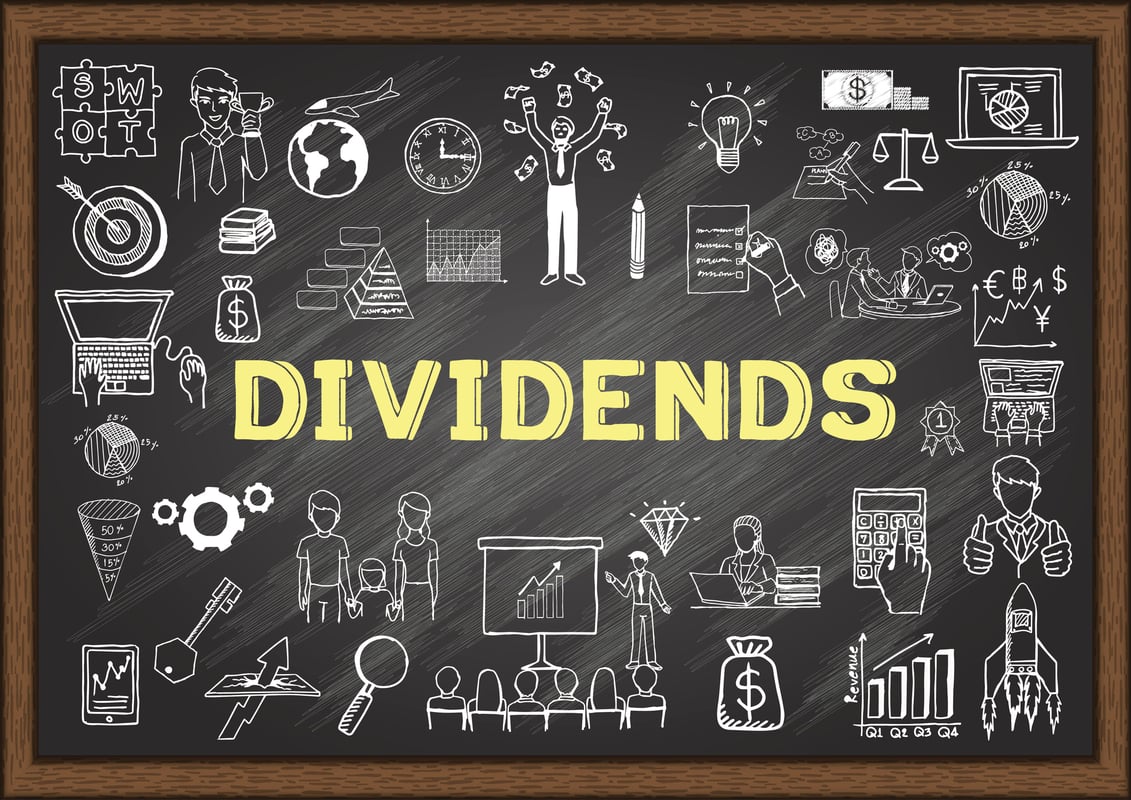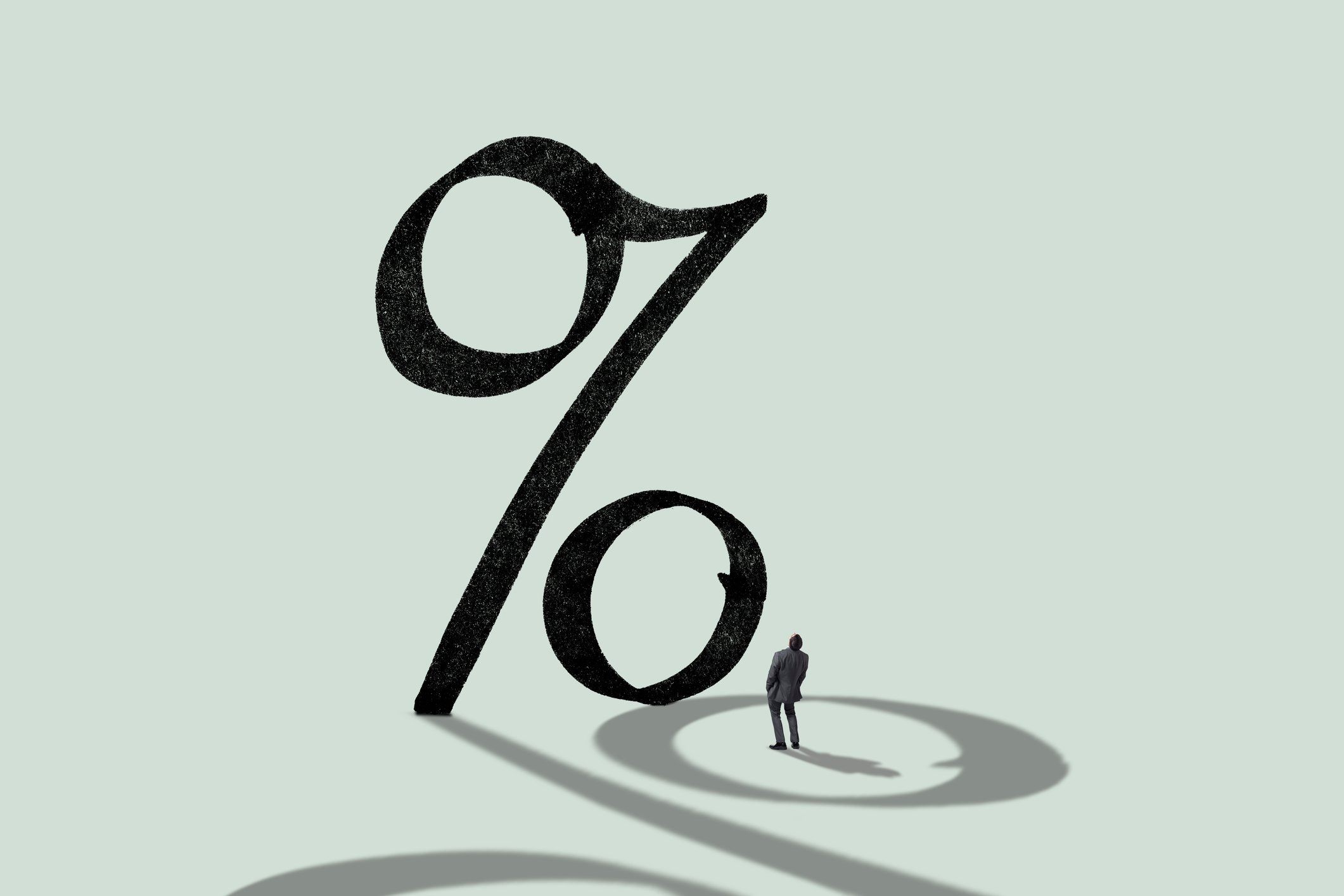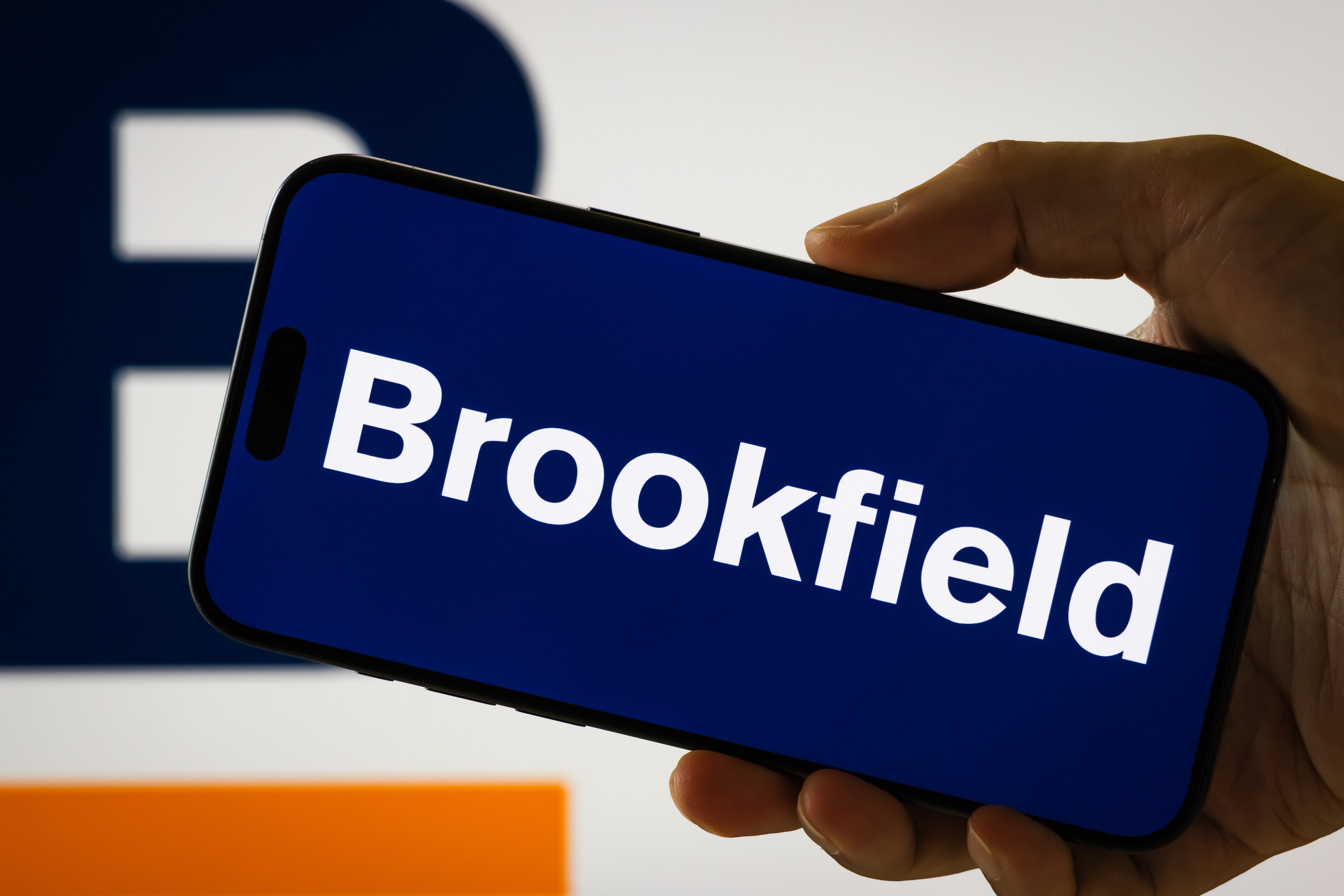The bellwether BDC Ares Capital Corporation (ARCC 0.20%) kicked off earnings season, and the results were a mixed bag.
On one hand, the company easily covered its dividend with net income. On the other hand, it failed to earn its dividend with net investment income, a good approximation for ongoing earnings power.
Breaking it down
BDCs typically report two measures of income: net investment income and net income. Net investment income is effectively net income, minus the impact of capital gains or losses, which can be irregular. Net income includes all income -- net investment income and capital gains and losses.
This quarter, Ares Capital earned $0.34 per share in net investment income, and $0.57 in net income. The difference between the two figures ($0.23 per share) is the result of realized and unrealized capital gains on its investments. Generally speaking, investors want to see that net investment income covers the dividend (in this case, $0.38 per quarter) and that capital gains or losses even out over long periods of time.
Ares Capital's net income of $0.57 per share easily covered its dividend of $0.38 per share. Excluding capital gains or losses, however, its net investment income of $0.34 failed to match the company's distribution rate of $0.38 quarterly.
Yield compression steals the show
When you can earn double-digit yields in a zero-interest world, you attract competition. That's exactly what's happening to the entire BDC industry, Ares Capital included.
As funds rush to the higher-yielding middle market, BDCs are reporting declining portfolio yields. Ares Capital reported its weighted-average yield on income producing investments fell to 9.9%, down from 10.5% last year.

Dividend income from its Ivy Hill Asset Management portfolio company is also on the decline. IHAM distributed a $10 million dividend back up to Ares Capital this quarter. This time last year, IHAM paid a $25 million dividend back to Ares Capital thanks to accumulated income. Going forward, irregular dividends from IHAM, which have been the top subject of many conference calls, may not support Ares Capital's top line as they have in the past.
Worry? No, not yet
A single quarter shouldn't stand as reason to panic. After all, Ares Capital has one of the best records of any BDC, easily besting its peers, which permanently lost a third or more of their value during the financial crisis. Given that its capital gains have exceeded capital losses, investors should give it a little more credit than the average BDC that its capital gains can be somewhat recurring sources of profits.
And it still has levers to pull to increase net investment income. It applied for an SBIC license from the SBA, which will give it access to cheap leverage to invest in high-yielding, lower middle market investments. Additionally, its senior secured loan program provides a source of high returns -- annualized returns came to 13.5% on its investment this quarter. Finally, Ares Capital can continue to rotate out of its lower-yielding investments to make new investments, a strategy that has been in play for several quarters.
Prolonged and continued decreases in Ares Capital's portfolio yield may require the company reduce its payout. For now, the company has plenty of banked undistributed investment income -- even more with the recent realized capital gains -- that should support its dividend for some time to come. Without improvements in its portfolio yield, though, the distribution will inevitably have to take a cut, a reality that seems to be priced in with shares trading at a 5% discount to net asset value.






